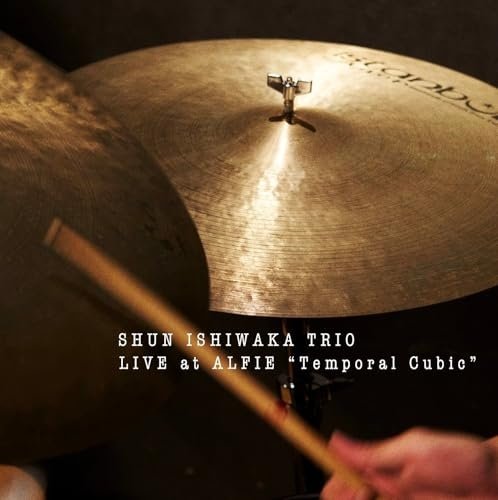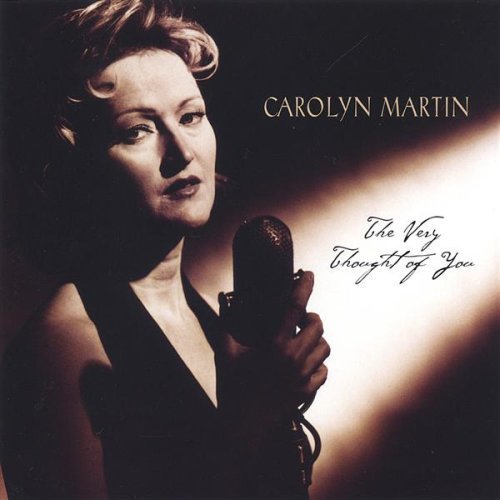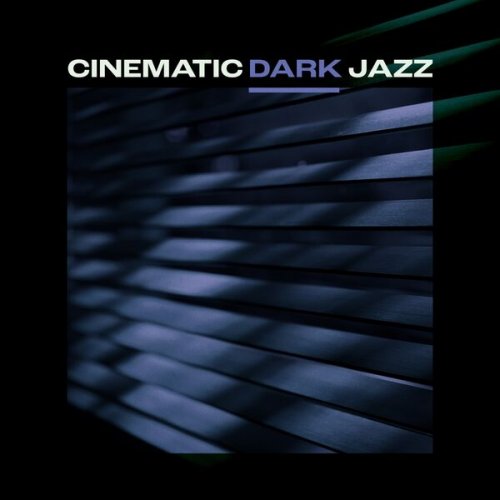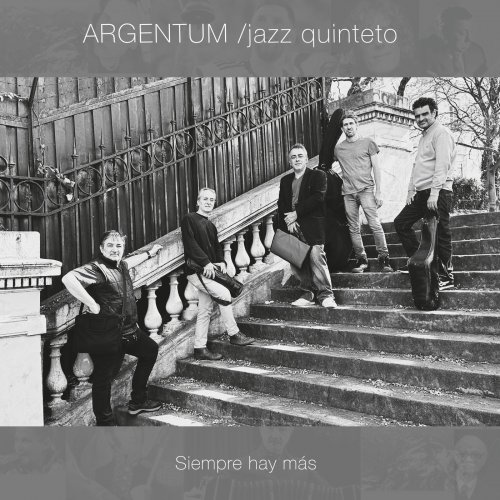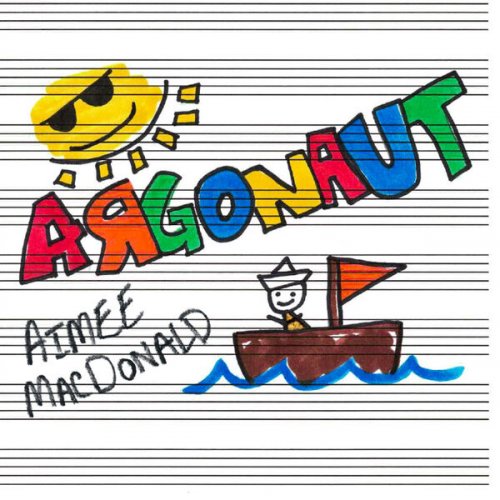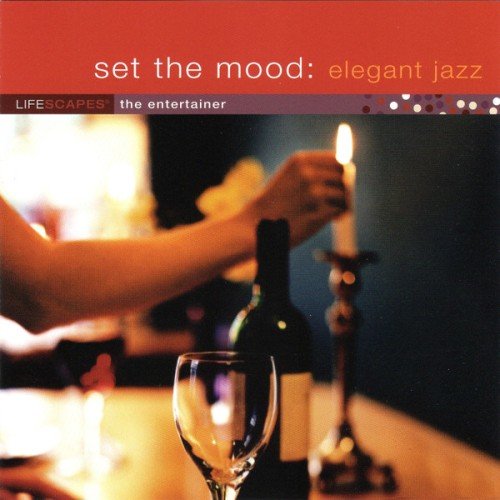Luc Beausejour, Juan Manuel Quintana, Helene Plouffe, Gregoire Jeay - Concert Parisien: Rameau, Telemann, Blavet, Forqueray, Leclair (2009) Hi-Res
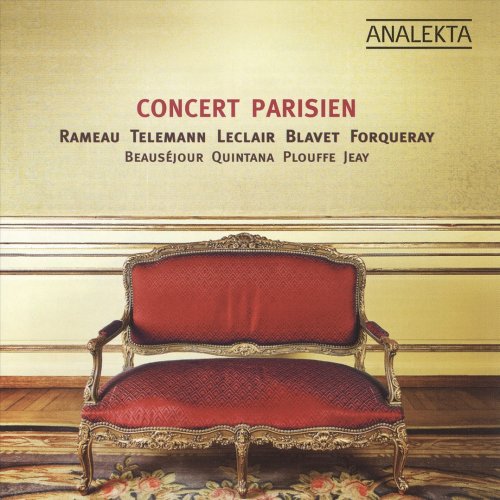
Artist: Luc Beausejour, Juan Manuel Quintana, Helene Plouffe, Gregoire Jeay
Title: Concert Parisien: Rameau, Telemann, Blavet, Forqueray, Leclair
Year Of Release: 2009
Label: Analekta
Genre: Classical
Quality: FLAC (tracks) 24bit-88.2kHz / FLAC (image+.cue,log,scans)
Total Time: 01:03:26
Total Size: 1.3 Gb / 397 Mb
WebSite: Album Preview
Tracklist: Title: Concert Parisien: Rameau, Telemann, Blavet, Forqueray, Leclair
Year Of Release: 2009
Label: Analekta
Genre: Classical
Quality: FLAC (tracks) 24bit-88.2kHz / FLAC (image+.cue,log,scans)
Total Time: 01:03:26
Total Size: 1.3 Gb / 397 Mb
WebSite: Album Preview
Jean-Philippe Rameau (1683-1764)
Troisième concert (Paris, 1741)
Clavecin, traverso, violon & basse de viole
1. La Lapoplinière 4:06
2. La Timide 7:44
3. Tambourin I/II 2:32
Georg Philipp Telemann (1681-1767)
Quatuor en sol majeur (Paris, vers 1740)
Traverso, violon, basse de viole &
basse continue
4. Grave – Allegro – Grave – Allegro 2:54
5. Largo 0:39
6. Presto 2:33
7. Largo 0:43
8. Allegro 4:06
Michel Blavet (1700-1768)
Sonate en mi mineur, opus 3 no 3 (Paris, 1740)
Traverso et basse continue
9. Vivace 2:43
10. Largo poco andante 2:54
11. Allegro 2:16
Antoine Forqueray (1672-1745)
Pièce de viole avec basse continue (Paris, 1747)
12. La Buisson 5:25
Jean-Philippe Rameau
Cinquième concert (Paris, 1741)
Clavecin, traverso, violon & basse de viole
13. La Forqueray 4:31
14. La Cupis 5:48
15. La Marais 2:37
Jean-Marie Leclair (1697-1764)
Sonate en trio en ré majeur (Paris, 1743)
Violon, basse de viole & basse continue
16. Adagio 2:34
17. Allegro 2:10
18. Sarabande – Largo 4:01
19. Allegro 2:34
Performers:
Grégoire Jeay (flute)
Hélène Plouffe (violin)
Juan Manuel Quintana (viola da gamba)
Luc Beauséjour (harpsichord)
This Concert Parisien, subtitled "from the era of Louis XV," is something more specific still: it offers music more or less closely connected with the circle of Alexandre La Riche de La Pouplinière (oddly spelled "Poplinière" here), a music patron whose suburban home was a major incubator of music by Rameau and the generation that followed him. The music on this disc is not brainy, experimental Rameau, or the smooth chamber music of the Concerts Spirituels; rather, it's progressive, allied in spirit to the literary salons that Pierre Jaquier in his concise booklet notes called "temples of wit," and, above all, fun. All the music dates from the 1740s and consists of trios and quartets with a flute, violin, or in one case a viol as the lead instrument. The music is tuneful, with the texture showing the influence of the Italian sonata, but there is a very French humor that pervades the whole. Rameau's "concerts," essentially trio sonatas yet designated for "keyboard, flute, violin, and bass viol," alternate between high-spirited parody (some of which must be lost today) and other vigorous effects like the folkish Tambourin finale of the Troisième concert (track 3). The program recognizes that Georg Philipp Telemann not only borrowed from French music but was popular in Paris himself; the Quartet in G major heard here was published in Paris, was on the cutting edge in every way, and is hardly less high-spirited than the Rameau. All this is set against more instrumentally involved sonatas from Leclair, Antoine Forqueray (a lovely viol sonata that is a little oasis of quiet grace), and flutist/composer Michel Blavet. The performances by a quartet of superb Montreal players would be hard to improve upon, with brisk tempos and clean playing that never lose their élan. The only negative is cavernous sound from a Quebec church that's entirely inappropriate to the music.
